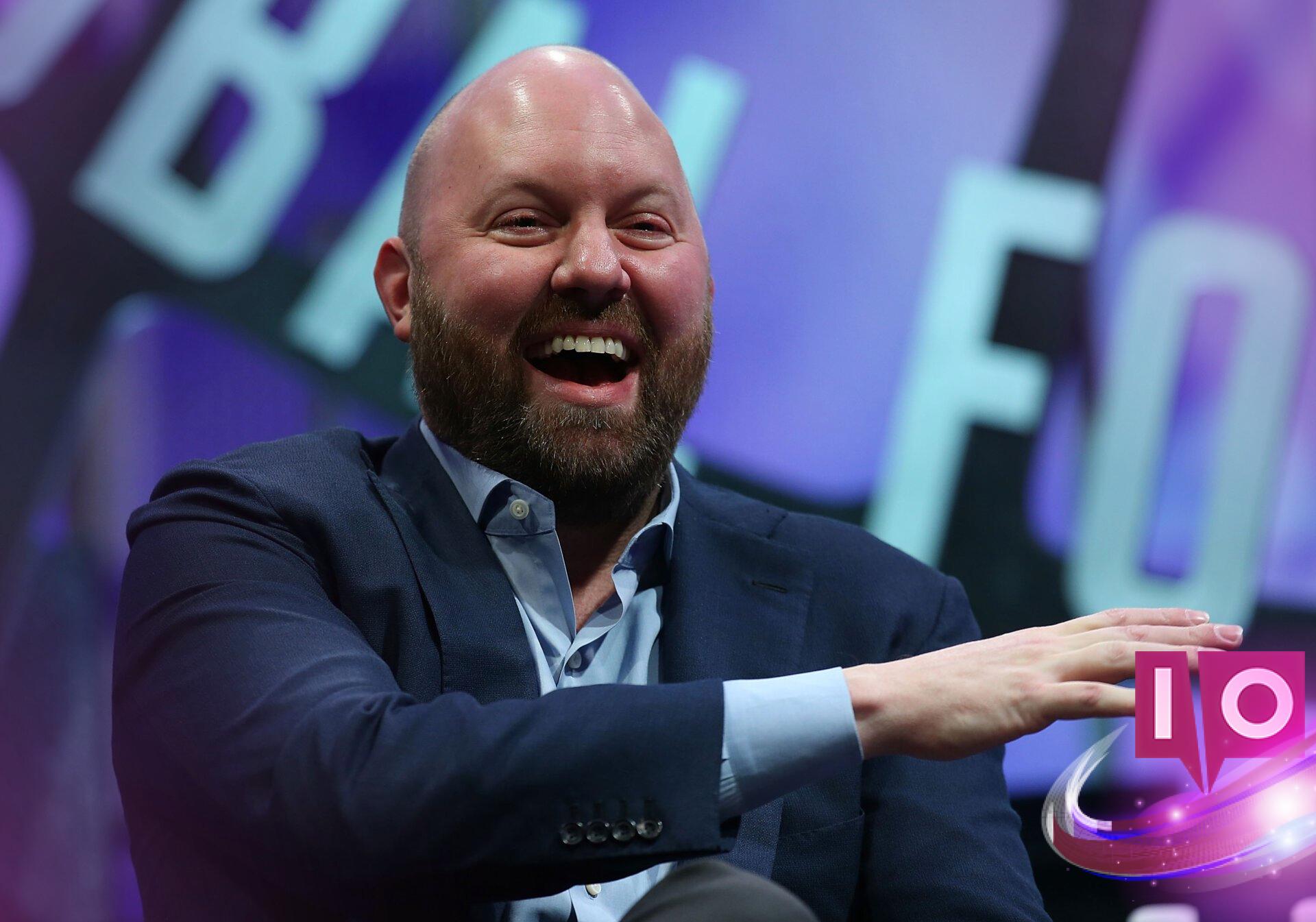Artificial intelligence (AI) has sparked a swirling sea of concern among the American public, with a recent poll indicating that 71 percent of Americans fear the technology could “permanently” displace human workers. This sentiment raises an important question: how will the AI industry respond when public opinion leans toward skepticism?
In a democracy, those advocating for AI might find it challenging to navigate this landscape of doubt. Yet, the response from Silicon Valley demonstrates a bold strategy: engage with political maneuvering.
Spearheading Political Action for AI
Major players in the tech arena are stepping up, announcing a substantial investment of $100 million into a new network of political-action committees aimed at reducing AI regulations. Dubbed Lead the Future (LTF), this initiative seeks to carve out a favorable political environment for AI development. According to their press release, LTF’s mission is simple:
“A coalition of leading AI companies and innovators today announced the launch of Leading the Future (LTF), a new national political operation committed to ensuring the United States leads the world in AI innovation, development, and governance.”
Building a Coalition of Support
LTF claims to have garnered support from a consortium of tech luminaries including notable names like Andreessen Horowitz, Ron Conway (SV Angel), and Joe Lonsdale (8VC). This influential coalition aims to solidify the tech industry’s role in shaping AI policy, asserting a strategic position in the ongoing debate.
As the group’s leaders, Josh Vlasto and Zac Moffatt, noted: “There is a vast force out there that’s looking to slow down AI deployment, prevent the American worker from benefiting from the U.S. leading in global innovation and job creation, and erect a patchwork of regulation.” This perspective highlights a growing urgency to counteract regulatory pressures that may stifle innovation.
The Power of Political Donations in Tech
Silicon Valley is increasingly recognized as one of the largest political donors, influencing policy decisions significantly. In the previous presidential election, the cryptocurrency industry invested heavily, helping to install a president who aims to position America as the “crypto capital of the world.” Given these trends, it follows that the AI industry would look to adopt a similar strategy.
Elon Musk stands out as a compelling example, having reportedly spent nearly $300 million to support candidates aligned with his vision. This trend of infusing cash into political circles showcases how aligning financial leverage with political ambitions is perceived as a viable path to regulatory favor.
How are American workers perceiving AI?
Many American workers are apprehensive about AI’s potential to replace jobs, with a poll showing that a significant majority believe it could lead to permanent displacement. This highlights the pressing need for meaningful discussions about AI’s role in the workplace.
What steps are being taken to regulate AI?
Various stakeholders are advocating for regulatory frameworks aimed at ensuring ethical deployment of AI. The challenge lies in balancing innovation with worker protection, a necessity acknowledged by many organizations today.
How does Silicon Valley influence policy?
Through substantial political donations and lobbying efforts, Silicon Valley has become adept at shaping technology-related legislation, pushing for policies that favor industry growth and innovation.
What risks does AI pose to the workforce?
The primary concern revolves around job displacement and the need for workers to adapt to a rapidly changing technological landscape. Addressing these challenges proactively is critical for both legislators and industry leaders.
As the AI conversation unfolds, a clear understanding of its implications on society will become even more vital. Engage with ongoing discussions and explore more about AI’s impact at Moyens I/O.
